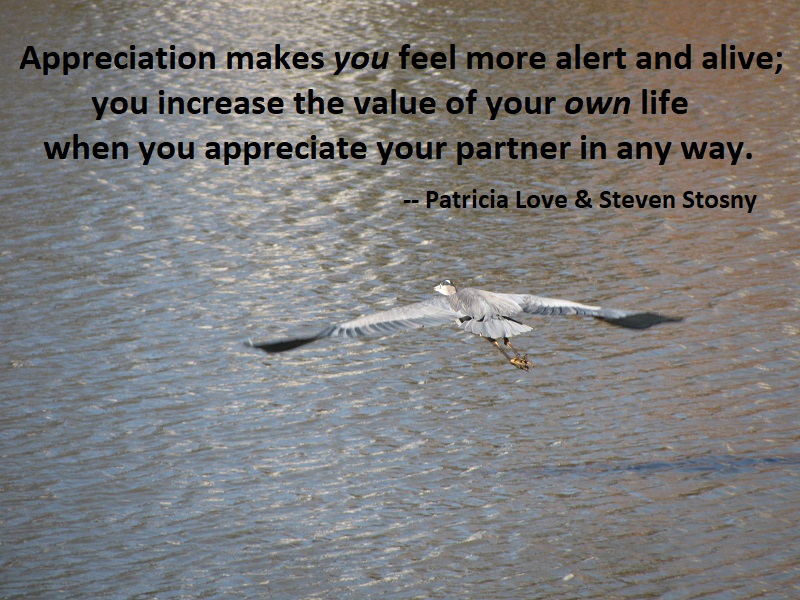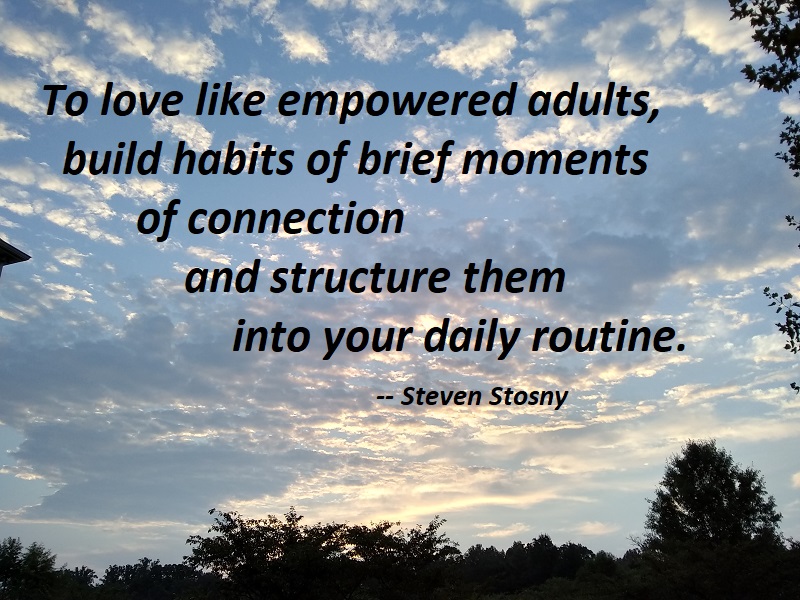What’s fascinating about the Popeye defense [“I yam what I yam.”] is that when it’s used, it comes across as some healthy self-acceptance that everyone needs to adopt. “I can accept me for me — why can’t she?” On the surface, in our pop-psychology-riddled society, this may have the appearance of wisdom. But dig deeper, and this attitude is not only unwise, it’s actually harmful to both you and your marriage. And it certainly cannot stand up to our understanding of “I love you” and “I do.”
Just think about it for a moment. You want your spouse to accept you for who you are? Really? Even if you’re lazy? Even if you totally let your body go and become weak, fat, and unhealthy? Even if you drink too much or watch too much TV or read too many romance novels? Even if you neglect your kids, spend without discretion, complain about your spouse to your friends instead of addressing the issue directly? Your spouse is just supposed to sit back and accept all these behaviors as the honest, unchanging you he/she is stuck with forever?…
Now, if your answer is yes, that you believe your spouse should just accept you fully, warts and all, then I want you to listen carefully. Your problem is not your spouse’s efforts to change you. Your problem is that you don’t respect yourself — at all. You don’t even like yourself. Anyone who respects herself is going to actively work to improve herself, rarely sitting back and remaining satisfied. Anyone who even likes himself is going to nurture his God-given desire to grow in wisdom, and build on his skills and abilities. Instead, you’re wallowing in atrophy, using your emotional muscles only to defend yourself against your spouse’s efforts to change you. And you’re wondering why even the good things in life just don’t seem to be as pleasurable as they once were. That’s because you’ve “accepted” yourself and demanded that your spouse do the same.
— Hal Edward Runkel, ScreamFree Marriage, p. 229-230




